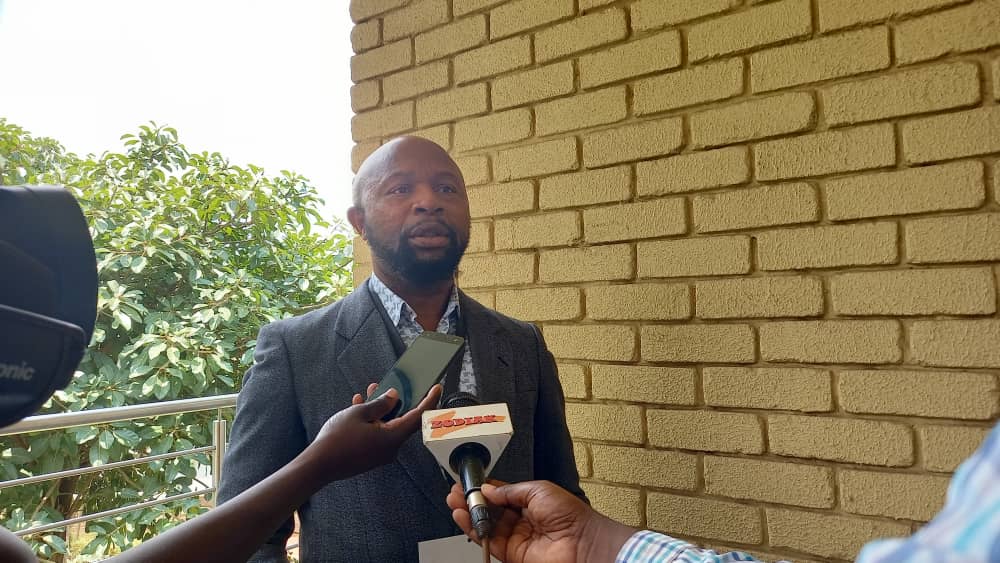Scientists urged to follow research ethics
Scientists have been urged to consider all ethical, social or legal issues before sharing data, particularly in research to avoid abuse or misuse of data.
The scientists have gathered in Blantyre to discuss and review protocols for research, ethics and look at ways on how research can impact national development.
Speaking Wednesday on the sidelines of the two-day workshop, professor of bioethics and behaviour studies at Kamuzu University of Health Sciences (Kuhes) Joseph Mfutso Bengo said best practices in data management and sharing help protect research participants.

Said Mfutso-Bengo: “We are learning from each other, you know when we want to conduct research we collect data from people, therefore, first you have to seek consent from the participant and ethical approvals from the ethics committee. However, we need to make sure that once we collect the data, it is secured. We have to protect the owner of the data.”
Director of quality management in the Ministry of Health Martias Joshua said researches done locally have helped the nation to improve on the management of various health problems such as Malaria and HIV.
Said Joshua: “For example, Malawi is one of the countries doing well in HIV and Malaria management because of various researches that we are conducting that led into changing to more effective medication and approaches.”
During the workshop, the scientists are among others, going to produce proposals for Malawi guidelines on data sharing, implementation of Nagoya Protocol in Malawi and biobank for consideration by the Malawian regulators.
The Nagoya Protocol is an international agreement that aims at sharing the benefits arising from the utilisation of genetic resources fairly and equitably. Malawi is one of the signatories to the Nagoya Protocol on access to genetic resources and the fair and equitable sharing benefit arising from their utilisation to the convention on biological diversity.





